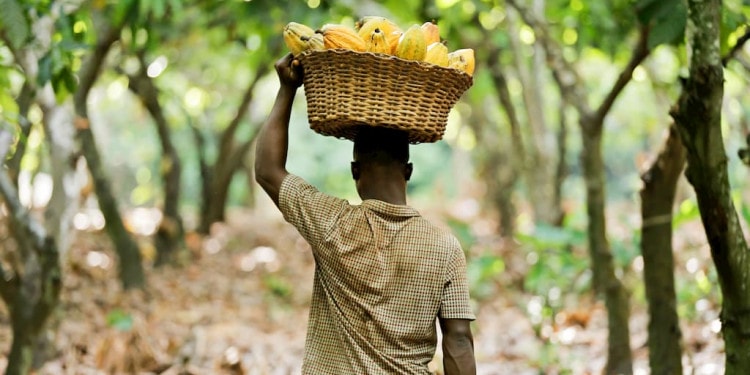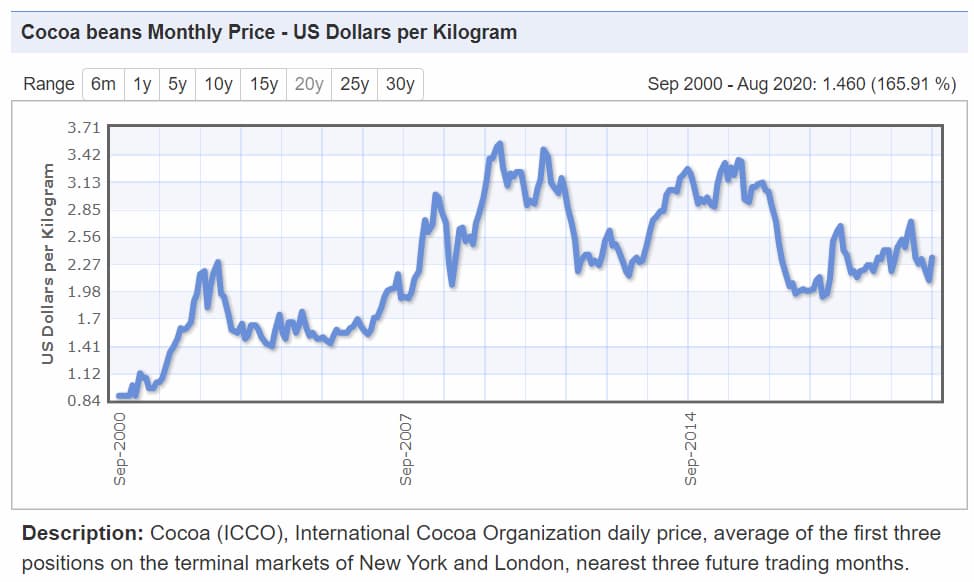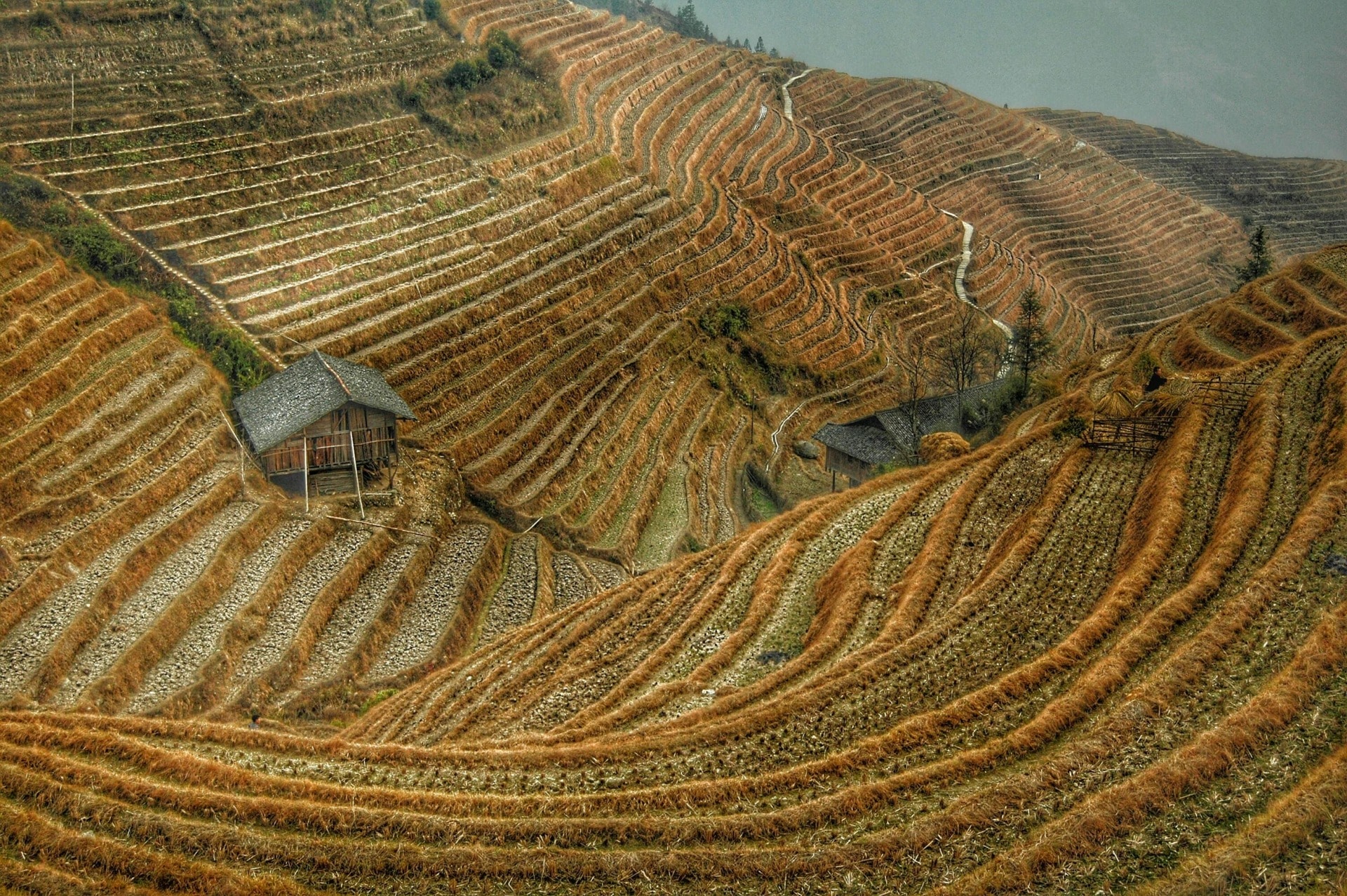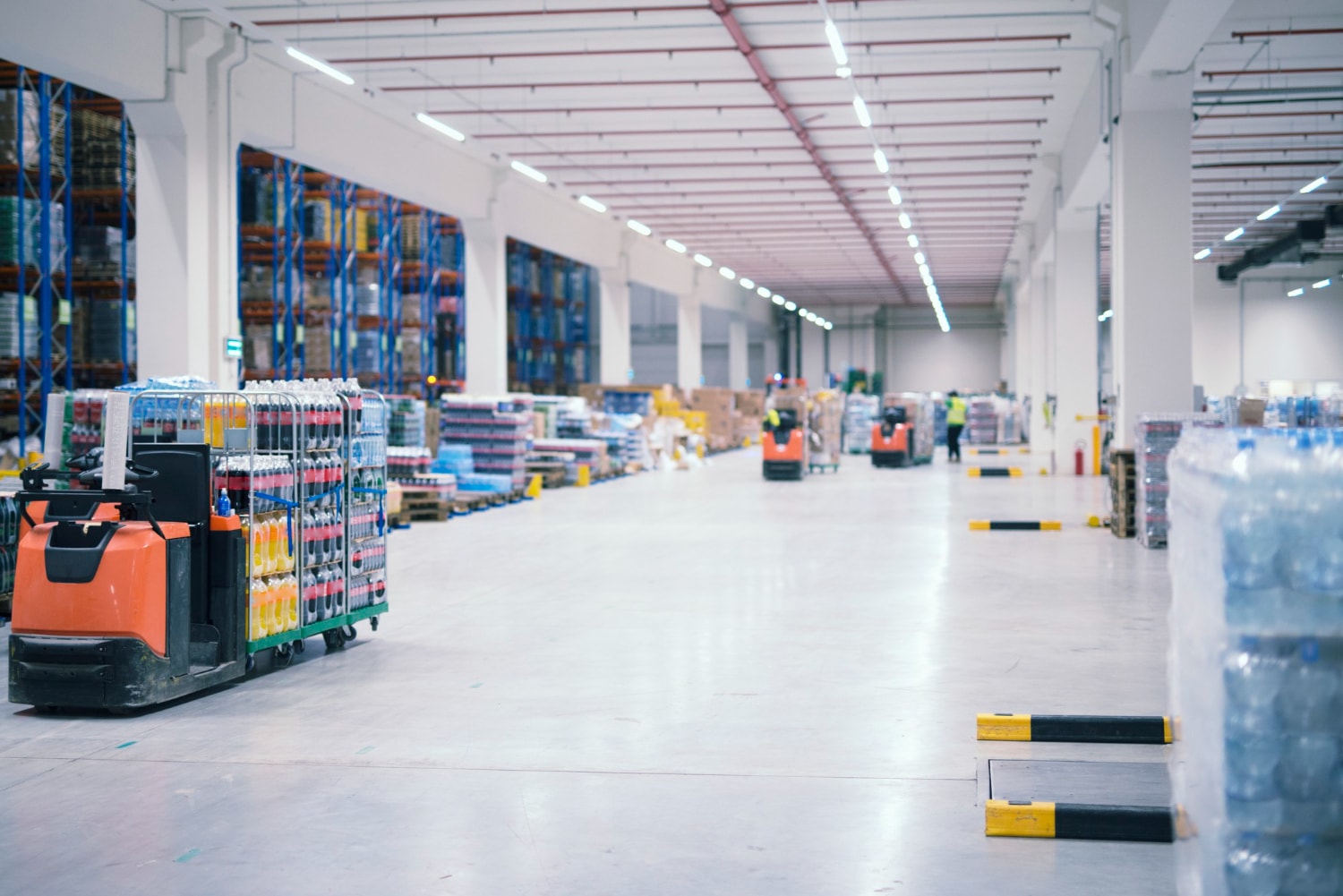Agricultural development plays a pivotal role in addressing global poverty. Roughly 80% of the world’s poorest people—close to 650 million—live in rural areas in developing countries and rely largely on farming to make a living. This continues to hold true even in an era of greater urbanization and employment growth in non-agricultural sectors. In other words, we cannot address global poverty without addressing farmers’ incomes.
The last two decades have seen a growing emphasis on sustainability in food production. Consumers, governments, and companies are increasingly aware of the consequences of inaction and the urgency and magnitude of the problems our world faces. This has led to advancements in sustainable agriculture in areas such as soil health, water, and landscape management as well as more sophisticated tools for monitoring progress along the way.
Smallholder farmers are the backbone of agriculture and food security in developing countries, where, according to estimates from The Food and Agriculture Organization of the United Nations (UN), smallholder farming accounts for up to 70 percent of national food production. What’s more, it is estimated that smallholders are responsible for 30-34 percent of the world’s total food production. With the demand for sustainable farming on the rise, these smallholder farmers are asked to do more and more to maintain access to global markets. At the same time, the majority are not financially supported or incentivized for making these commitments.
Take the chocolate industry for example. The industry itself is valued at $100 billion, while most smallholder cocoa farmers in West Africa (where 70% of the world’s cocoa comes from) live on less than $1.25 per day, meaning they receive approximately just 6.6% of the retail value of a chocolate bar. These smallholder farmers live a risky existence—their livelihood depends on a temperamental global commodity market where prices can plummet by as much as 25% within only three months.
RELATED ARTICLES: Regulation A Investment Options Will Benefit Sustainable Startups the Most Next Year |A New Chapter for UK Financial Services, and It’s Green! |Singapore Making Leaps In Green Finance |Five Steps To Save The Amazon From Deadly Investments |Sustainability: The Biggest Economic Opportunity Of Our Times |Impact Investing Isn’t One-Size Fits All |Pymwymic: Pioneering the Change in Venture Capital
Since 1980, the inflation-adjusted global price of cocoa has halved, while the bar for sustainable farming has only grown in scope and ambition, as has the price of key agricultural inputs. How can these smallholders commit to an ever-evolving sustainability agenda when they lack the resources to make the necessary investments?
The structural inequities that exist in commodity supply chains hinder our ability to achieve meaningful progress on the UN’s sustainable development agenda. Be it global poverty, climate change, environmental degradation, or inequality and human rights—progress cannot be made unless the economic resilience and well-being of farmers are addressed first. Resilient farmers are the foundation of a resilient supply chain. This isn’t just about corporates being an agent of social change, but rather, it’s about companies realizing that this is a business imperative in today’s interconnected and dynamic global environment.
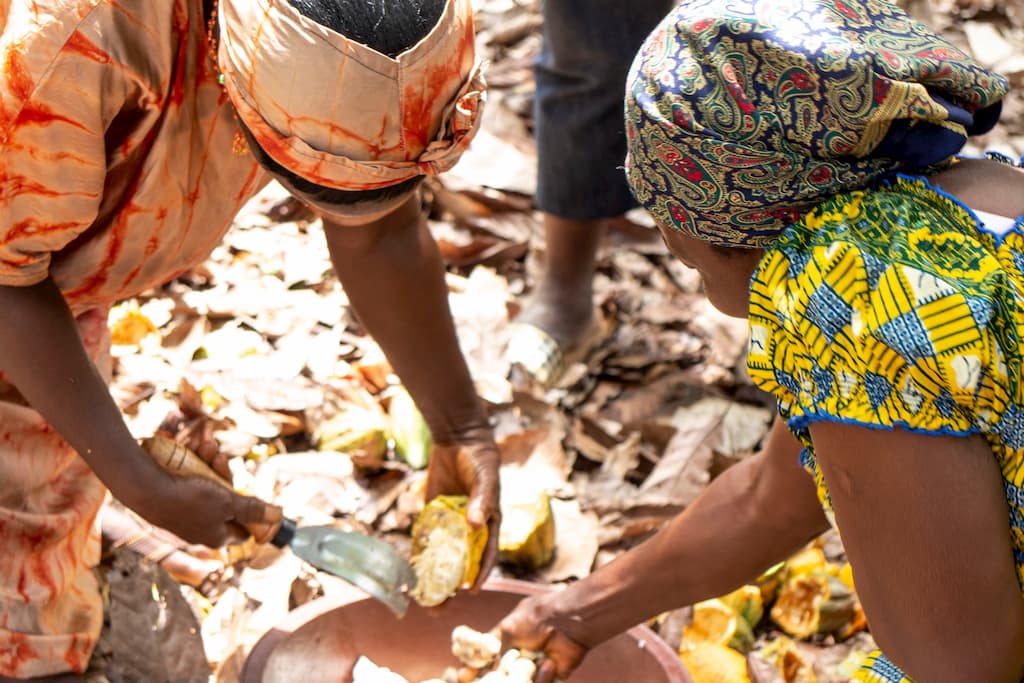
So, what will it take? All global food companies—from retailers and brands to processors and manufacturers—need to put the livelihoods of farmers at the forefront of their priorities. They must reshape their supply chains to be more inclusive and equitable, where farmers can rely on more stable buying commitments with sustainability goals that are ambitious yet realistic for both companies and farmers. The costs of those sustainability investments should then be shared with buyers, and the farmer’s commitment to sustainable agriculture should be rewarded with higher prices.
This is where certification programs can be useful. The Rainforest Alliance’s new certification program, for instance, supports global food companies to increase transparency, more accurately measure social and environmental performance in their supply chains, and identify risk areas. This not only drives value for farmers and companies but also provides a supportive framework for sustainability improvements in certified supply chains. For farmers, that means assistance in establishing a baseline of their sustainability performance, understanding where they need to improve, and help to prioritize their farm investments so that they can become more sustainable, one step at a time. At the same time, companies buying Rainforest Alliance Certified commodities will be held responsible for contributing to the investment needs identified by farmers in their supply chain, as well as rewarding certified farmers with a premium over and above the market price of the commodity in question.
Building the economic resilience of farmers also requires a combination of tools that certification can help provide. More accurate record-keeping as well as digital tools for risk and performance analysis work to improve the financial management of farms. This, combined with good agricultural practices to boost productivity, leads to more resilience and better farmer livelihoods.
While certification can go a long way to improving the livelihoods of farmers and the sustainability of agricultural supply chains, it cannot solve the problem of farmers’ incomes alone. Corporate sustainability objectives and sourcing strategies need to be better aligned so that supply chains can move towards greater stability and long-term resilience. Moreover, policymakers in producing and consuming countries, international donors, and civil society need to work jointly on agricultural development, community development, and farmer resilience.
All these actors must do their part to tackle the systemic problems that underly the inequality of supply chain risks and market power—ultimately leading to a new paradigm for global business. The coronavirus pandemic has confirmed the fragility and interconnectedness of our global economy. In order to build resilience to external shocks and disruptions, companies need to act now and prioritize farmer income growth as a key performance indicator for their supply chains.
Understanding the business case for more sustainable supply chains can help channel the necessary company investments to farmers. The 2020 Edelman Trust Barometer points out that 90% of global consumers want brands “to do everything they can to protect the well-being and financial security of their suppliers”, with the majority saying that putting profit over people will erode their trust in a business forever. Investing in the sustainable livelihoods of smallholder farmers will also help companies secure more stable supply chains in an era of climate change, pandemics, and unprecedented agricultural demand.
If we are to make good on our promise to eradicate global poverty, protect the planet, and improve the lives and prospects of people everywhere, then we have to address the structural inequities in global commodity supply chains. Tackling these issues head-on is a shared responsibility for all actors involved, but it’s also an opportunity for leading global food companies to reap the benefits of more sustainable farming while shaping a brighter future for their sectors.
A version of the piece was first published by WEF.
About the Author:
Aparajita Bhalla is the Global Director of Sector Transformation at the Rainforest Alliance. She is passionate about the role of global business in sustainable development and leads the organization’s efforts in building a new approach to shared value in sustainable supply chains.
In the cover picture: Cocoa Farmer. Photo Credit: Rainforest Alliance.
Editor’s Note: The opinions expressed here by Impakter.com contributors are their own, not those of Impakter.com


